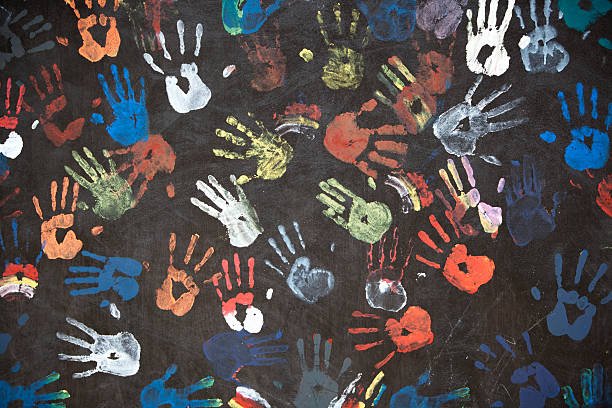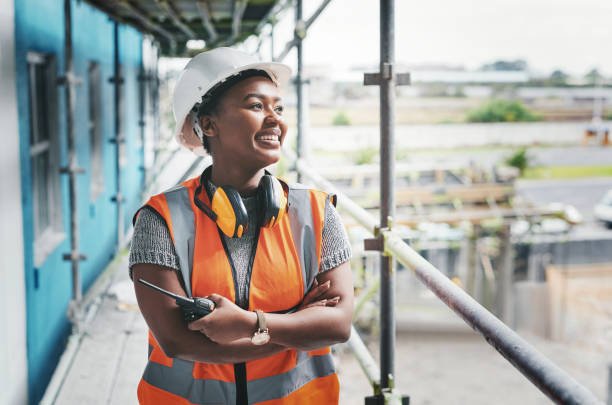On this page we recommend two ways in which women and children can be protected from discrimination and violence in the societies they live in.
The issue of discrimination and violence against women and children remains a global challenge. Despite significant progress in recent years, women and children continue to face significant barriers in accessing their rights and freedoms. Fortunately, there are effective measures that can be taken to protect women and children from discrimination and violence.
Two ways in which women and children can be protected from discrimination and violence
Below we will discuss two ways in which women and children can be protected from discrimination and violence.
ONE: Education and Awareness:
Education and awareness-raising initiatives are essential in addressing discrimination and violence against women and children. Education can empower women and children to understand their rights and freedoms, and to advocate for themselves. Through education, women and children can learn about the negative impact of discrimination and violence, and develop the skills and knowledge to challenge and overcome these challenges.
Awareness-raising initiatives are also critical in promoting social change and breaking down gender stereotypes. Such initiatives can involve public education campaigns, workshops, and training programs that raise awareness about the harmful effects of discrimination and violence. These initiatives can also engage men and boys as allies in promoting gender equality and combating violence against women and children.
TWO: Legal Protections:
Legal protections are essential in protecting women and children from discrimination and violence. This includes enacting and enforcing laws that criminalize discrimination and violence, and providing support to survivors of such acts. Legal protections can also include measures such as protective orders, restraining orders, and other legal remedies that provide survivors with the means to seek justice and protection.
In addition to legal protections, there must be effective implementation and enforcement of these laws. This includes ensuring that perpetrators of discrimination and violence are held accountable for their actions, and that survivors are able to access support and justice through the legal system.
Protecting women and children from discrimination and violence requires a comprehensive approach that involves education and awareness-raising, legal protections, and effective implementation and enforcement of these protections. By addressing discrimination and violence through these means, we can create a society that is more equitable and just for all.
Did you know that South African women and children are all protected by the Bill of Rights? Let’s look at this in more details below
Acts that protect Women and Children under the Bill of Rights
South African children are protected by the Children’s Act, while women are protected by The Commission on Gender Equality (CGE), under the Bill of Rights.
Children’s Act:
The Act says that the state has to respect:
- The rights of all children in South Africa. These rights are contained in the Bill of Rights in the Constitution. The Constitution clearly states that children’s rights must be promoted, protected and respected.
- The dignity and worth of the child. The state must make sure that all children are treated equally and are not discriminated against.
- The child’s need for development and growth. A child needs to be able to play and engage in activities that suit the child’s age and developmental capacity.
- The right of children with disabilities to be encouraged and supported whilst taking care of their special needs.
The Commission on Gender Equality (CGE)
The Bill of Rights gives all women the right to equality. The Equality Clause says that no person may be discriminated against on a number of grounds, including things like their sex and gender.If you have been treated badly or denied a job or if you are paid poorly because of your gender, you should contact them. This is covered under the Commission on Gender Equality (CGE).
Did you see these?
- Clarifying the Term Fair Discrimination
- Two ways in which women and children can be protected from discrimination and violence
- Term 2 Grade 12 Task 2 Project Life Orientation Memorandum for 2021
- The Impact of Discriminating Behaviour on the individual
- The features regarded as indispensable to a democratic government
- Critically discuss how females are discriminated against in sporting activities
Human Rights under the Bill of Rights
Everyone who lives in South Africa is protected by the Bill of Rights. This Bill of Rights is a cornerstone of democracy in South Africa. It is the rights of all people in our country. The Bill of Rights are basic human rights that all people, not only South African citizens, should enjoy and respect. Examples of some of the rights are:
- Equality: All people are equal and must be treated equally
- Personal privacy: You cannot be searched or have your home or possessions searched without a warrant. ( Principals of schools, by law, do have the right to search or have children searched on the property for possession of illegal substance and dangerous weapons) People cannot open your mail or listen to your phone calls.
- Freedom of religion, belief and opinion: You can follow the religion of your choice.
- Freedom of speech and expression: Everyone can say or print or photograph whatever they want provided they do not break the law.
- Freedom of association: You can associate with whoever you want to.





